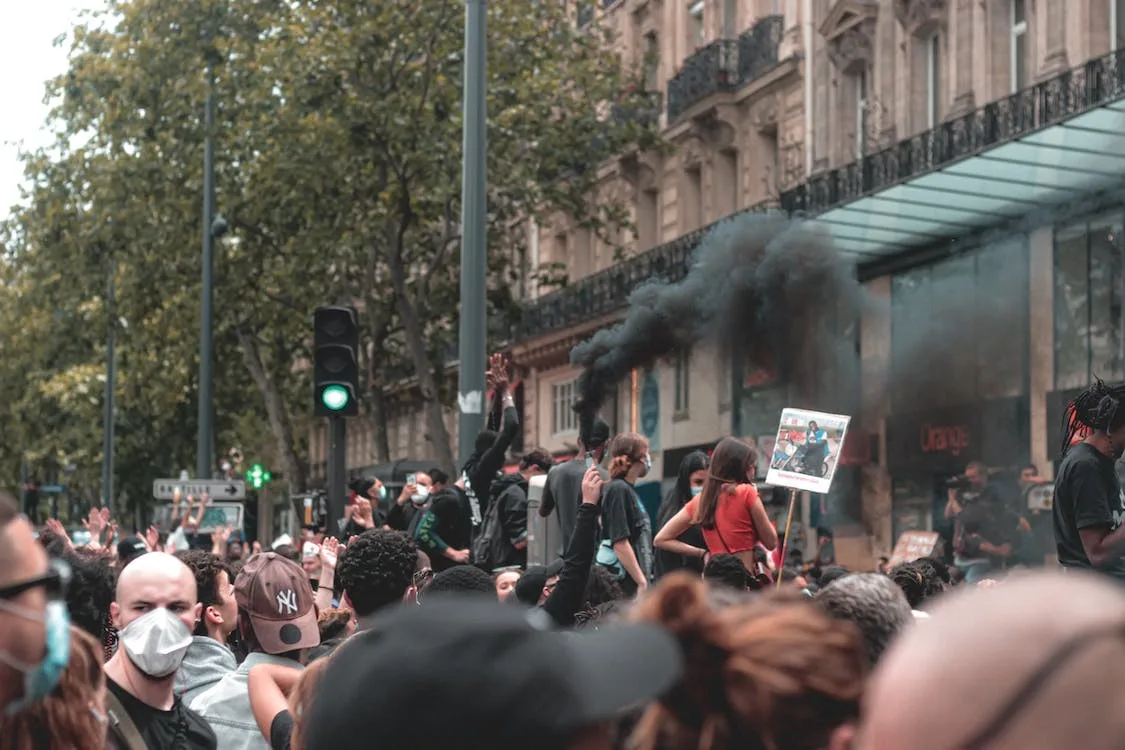Freedom of Speech: Why It Matters and How to Protect It
Image source: Pexels.com
Freedom of speech is the right to express your opinions without fear of censorship or punishment by the government or other authorities. It is one of the most important human rights and a cornerstone of democracy. In this blog post, I will explain why freedom of speech matters, what are its limits and challenges, and how we can defend it in the face of threats.
Why Freedom of Speech Matters
Freedom of speech matters for many reasons. Here are some of them:
Communication
Freedom of speech allows us to communicate our thoughts, feelings, and ideas with others. This helps us to learn from each other, to understand different perspectives, and to develop our own opinions.
Challenge
Freedom of speech enables us to challenge the status quo, to question authority, and to demand accountability. This fosters innovation, creativity, and social change.
Diversity and Tolerance
Freedom of speech supports diversity and tolerance. It allows us to express our identity, culture, and beliefs without discrimination or oppression. It also encourages us to respect and listen to others who may have different views from ours.
Democracy and Human Dignity
Freedom of speech promotes democracy and human dignity. It empowers us to participate in public affairs, to influence decision-making, and to hold our leaders responsible. It also protects us from tyranny, corruption, and injustice.
What Are the Limits and Challenges of Freedom of Speech
Freedom of speech is not absolute. There are some situations where it may be restricted or regulated by law. For example:
- Freedom of speech does not protect hate speech, which is speech that incites violence or discrimination against a person or a group based on their race, religion, gender, sexual orientation, or other characteristics.
- Freedom of speech does not protect defamation, which is speech that harms the reputation or the rights of another person by making false or malicious statements about them.
- Freedom of speech does not protect obscenity, which is speech that violates the standards of morality or decency in a given community.
- Freedom of speech does not protect national security, which is speech that reveals classified information or threatens the safety or the sovereignty of a country.
These limits are meant to balance the right to freedom of speech with other rights and interests, such as the right to privacy, the right to equality, and the public order. However, these limits are not always clear or consistent, and they may vary from country to country or from case to case. This poses some challenges for freedom of speech, such as:
Definition
How do we define what constitutes hate speech, defamation, obscenity, or national security? Who decides what is acceptable or unacceptable speech?
Enforcement
How do we ensure that the limits on freedom of speech are necessary, proportionate, and transparent? How do we prevent them from being abused or misused for political or personal gain?
Globalization and Digitalization
How do we deal with the globalization and digitalization of speech? How do we respect the diversity of cultures and laws in different countries? How do we protect the freedom and privacy of online communication?
How to Protect Freedom of Speech
Freedom of speech is not a given. It is a right that needs to be constantly defended and exercised. Here are some ways that we can protect freedom of speech:
Education
We can educate ourselves and others about the importance and the limits of freedom of speech. We can learn about the history, the laws, and the cases related to freedom of speech in our own country and in other countries.
Expression
We can express ourselves freely and responsibly. We can use various platforms and mediums to share our opinions, ideas, and stories with others. We can also support and amplify the voices of those who may be silenced or marginalized.
Engagement
We can engage with others who have different views from ours. We can listen to them with an open mind, respect their right to speak, and respond with civility and reason. We can also agree to disagree without resorting to violence or hatred.
Advocacy
We can advocate for freedom of speech in our communities and in our institutions. We can join or form groups that promote freedom of speech. We can also participate in public debates, campaigns, protests, or petitions that challenge censorship or repression.
Freedom of speech is a precious right that we should cherish and protect. It allows us to communicate, challenge, celebrate, and create. It also enables us to live as free and equal human beings.





0